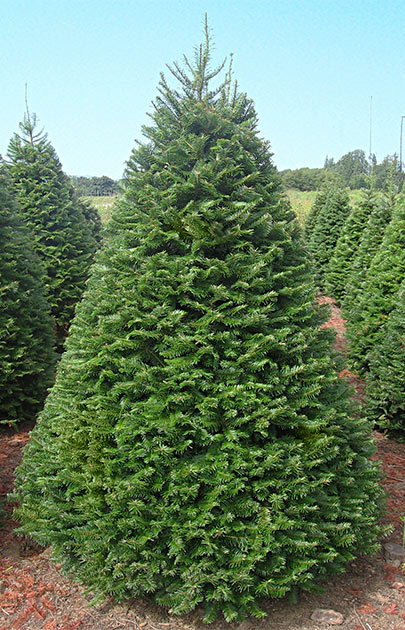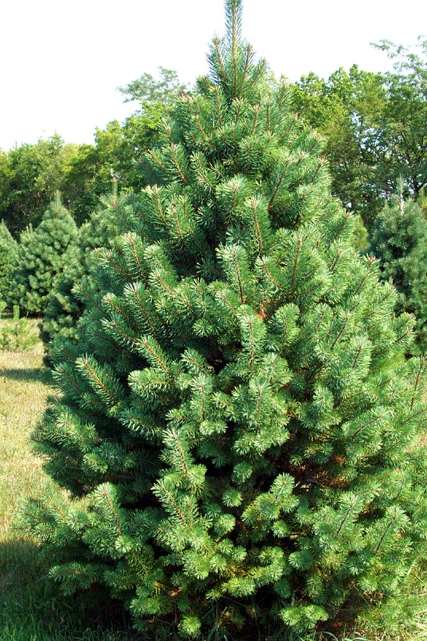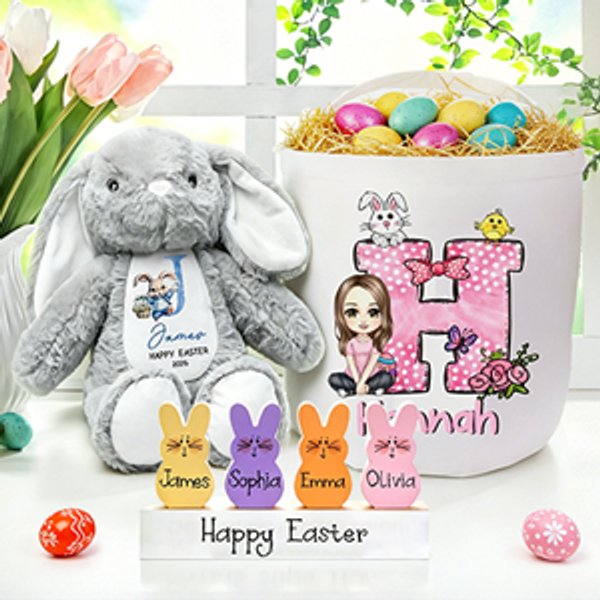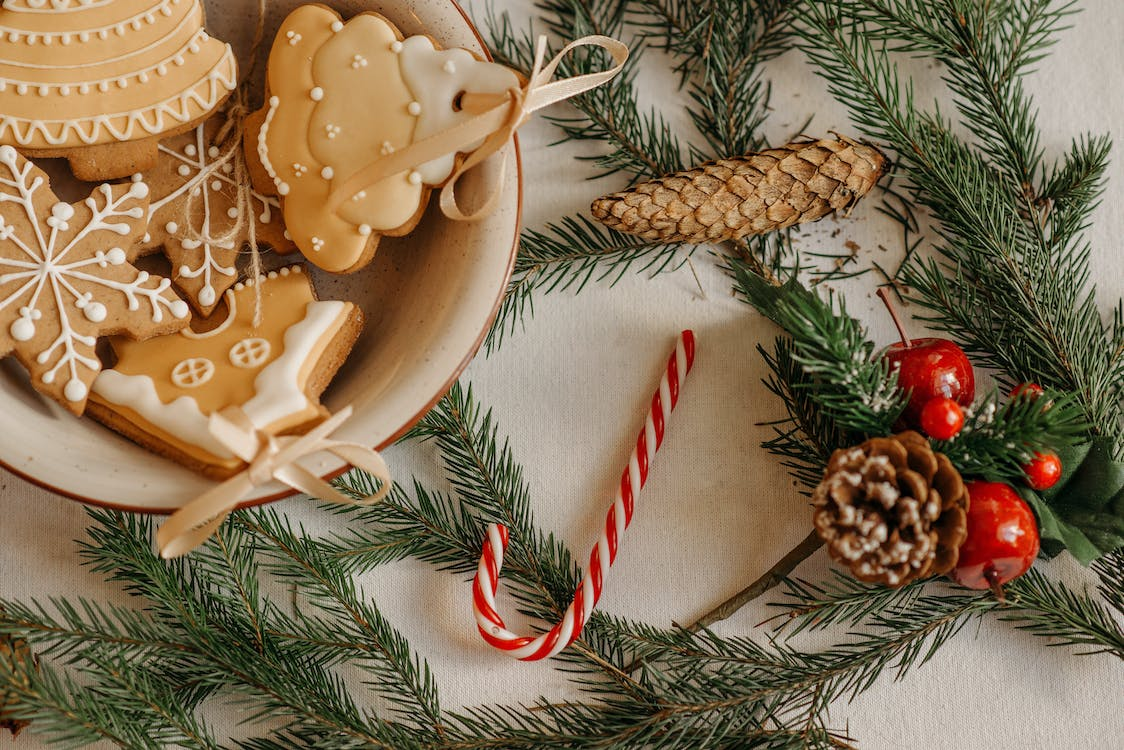16 Types of Popular Christmas Trees (Including Real and Artificial for Your Home)
Christmas is a time for family, friends, and Christmas trees! There are many Christmas trees to choose from, each with its unique charm. This blog post will discuss the most popular Christmas tree types — real and artificial. We will also provide tips on selecting the perfect tree for your home.
What are Real Christmas trees?
Real Christmas trees are grown in tree farms specifically for this purpose, while artificial trees are manufactured in factories.
Real Christmas trees are the preferred types because they’re environmentally friendly. Real Christmas trees are a renewable resource and can also help to clean the air, provide habitat for wildlife, and be recycled.
Real Christmas trees are also beautiful and have a unique smell that many people associate with the holidays. The smell comes from the essential oils in the tree’s needles, which are released when the trees get cut.
Types of real Christmas trees
You might wonder what types of real Christmas trees are available. Here are the most popular types of real Christmas trees:
- Balsam Fir
The Balsam fir is the most traditional of all Christmas trees. It is also the most popular, making up almost half of all Christmas trees in the United States annually. Balsam fir is known for its strong, pleasant scent and dark green, needle-like leaves. It is also a relatively slow-growing tree, which makes it a good choice for those who want their Christmas tree to last more than one season.
Balsam fir is native to the northeastern United States and eastern Canada. It grows best in cool, moist climates, making it a good choice for Christmas trees in those regions. Balsam fir is also a popular choice for Christmas trees in the United Kingdom, where it is known as the Norway spruce.

- Grand Fir
Grand Fir Christmas trees are native to the Pacific Northwest region of the United States and can grow up to 150 feet tall in the wild. However, most Christmas trees sold are between six and eight feet tall. Grand Fir Christmas trees have a conical shape with a narrow crown and a broad base. The branches of the Grand Fir are also evenly spaced, which makes them ideal for hanging Christmas lights and decorations.
The Grand Fir Christmas tree is famous for its unique appearance — the needles are blue-green and have a soft, silky texture. Grand Fir Christmas trees are also known for their excellent needle retention.

- Scotch Pine
Scotch pine is the right Christmas tree if you don’t want to deal with cleaning needles all season long. This tree’s needles are stiff and retain their color well after being cut, making it a top pick for many Christmas tree farms. If you live in a colder climate, this is the tree for you – it can withstand freezing temperatures and still look gorgeous.
However, if you have small children or pets, you might want to steer clear of Scotch pine. The needles on the tree can be pretty sharp, and the branches are very stiff, so it’s not the best choice if you’re looking for a gentle tree on little hands and paws.

- Fraser Fir
Fraser Fir trees are native to the Appalachian Mountains and are one of the most popular types of Christmas trees. They have a strong, pleasant smell, and their needles are soft to the touch. Fraser Fir trees are also one of the longest-lasting types of Christmas trees, with a lifespan of up to two months.

- Canaan Fir
Canaan Fir is a hybrid of the Concolor Fir and the Fraser Fir developed in the late 1970s in Canaan, Connecticut, United States. The Canaan Fir is a famous Christmas tree in the United States that’s also used as a general-purpose evergreen tree in landscaping.

- Douglas Fir
A Douglas Fir is a great choice if you’re looking for a strong, durable Christmas tree. It can support heavy ornamentation and last up to eight weeks with proper care.

- Virginia Pine
If you have allergies to other Christmas trees, the Virginia Pine may be good for you because it doesn’t give off the same pollen as other trees. It also has a more traditional Christmas tree smell to it. The needles on this tree are shorter than other trees, so they won’t poke you as much. The downside to this tree is that it doesn’t hold its needles like other trees, so you’ll have to vacuum a bit more often.

- White Pine
If you are looking for a Christmas tree that is both unique and beautiful, then you should consider a white pine. White pines are not as common as other Christmas trees, but they are worth considering. White pines have a soft, fluffy appearance that will make your home look stunning this holiday season.

- Colorado Blue Spruce
The Colorado Blue Spruce is a hardy, evergreen tree perfect for colder climates. It is silvery blue, making it a beautiful addition to any home. It can grow up to 50 feet tall and 30 feet wide, so it is perfect for larger homes or yards.
The only downside to the Colorado Blue Spruce is that it can be challenging to find in some parts of the country. But if you are lucky enough to find one, it will surely be a beautiful addition to your Christmas celebration.

- Leyland Cypress
The Leyland cypress is a fast-growing tree that is popular for use as a Christmas tree. It has dark green, needle-like leaves and can grow up to 50 feet tall. Leyland cypress trees are relatively easy to care for and can be transplanted easily.
The Leyland cypress is a good option if you’re looking for a Christmas tree that is easy to care for and doesn’t take up too much space. Just be sure to give it plenty of water and keep it away from heat sources, as it can dry out quickly. Leyland cypress trees are also relatively inexpensive, so they’re a good choice if you’re on a budget.

What Are Artificial Christmas Trees?
An artificial Christmas tree is an artificial fir or pine purposefully manufactured to celebrate Christmas. These trees are usually made from PVC plastic and come in various sizes, shapes, and colors.
Artificial trees are a popular holiday decoration because they are easy to set up, require no maintenance, and can be reused yearly. Some people prefer artificial trees because they do not produce pollen or shed needles.
Types of artificial Christmas trees
After learning the benefits of artificial Christmas trees over real Christmas trees, these are the most popular types of artificial trees that people buy.
- PVC Christmas Trees

PVC trees are made from polyvinyl chloride, which is durable plastic. PVC trees are one of the most popular Christmas trees because they look realistic and require little maintenance. PVC trees are available in a variety of sizes and colors.
PVC Christmas trees are a good choice for people with allergies to live trees. They do not shed their needles, making them less likely to trigger allergies such as asthma attacks.
If you want a PVC Christmas tree for this holiday season, I recommend COSTWAY 6Ft Artificial PVC Christmas Tree from Amazon.com. It’s perfect for both indoor and outdoor decorations.
- Fiber Optic Christmas Trees

Fiber optic trees use fiber optics to create a dazzling display of lights. These trees are perfect for small spaces because they take up very little room. Fiber optic trees are also very easy to set up and take down.
If you are looking for a unique Christmas tree, then a fiber-optic tree is a perfect choice. These trees are sure to make a statement in any room. Fiber optic trees are also very affordable, so you can have one in every room if you want!
Suppose you want a fiber optic Christmas tree to decorate your home. In that case, I recommend the Goplus 3FT Pre-Lit Fiber Optic Artificial Christmas Tree from Amazon.com. It’s easy to assemble, only requiring three steps.
- Pre-lit Christmas Trees

Pre-lit trees come with built-in lights, so you don’t have to worry about stringing them. This is a huge time-saver and can be safer since there are no loose wires to trip over or get tangled in. Just be sure to check the lights before you buy to ensure they’re the type you want (LED or incandescent) and compatible with your power source (batteries or plug-in).
Pre-lit trees come in all shapes and sizes, from small tabletop trees to large floor models. You can also find them in various colors, so if you want a traditional green tree or a more unusual color like white or pink, you’re sure to find one to suit your taste.
Suppose you’re looking for a pre-lit Christmas tree. In that case, I recommend the National Tree Company Artificial Pre-Lit Slim Christmas Tree from Amazon.com. It’s good for small spaces.
- LED Christmas Trees

LED trees use energy-efficient LED lights that stay cool to the touch, making them safer around small children and pets. LED lights also have a longer lifespan than traditional incandescent bulbs, so you won’t have to replace them as often.
If you’re looking for a LED Christmas tree, I recommend the RM ROOMERS Ceramic Christmas Tree from Amazon.com.
- Polyethylene (PE) Christmas Trees

Polyethelene Christmas trees are made of a synthetic material that looks and feels like real evergreen branches. They are durable, easy to assemble and take down, and can be used for many years.
The difference between Polyethylene and PVC trees is that PVC trees are made of a harder plastic that can be brittle and break easily. Polyethylene is a softer, more flexible material that is less likely to break. So, while both types of trees have pros and cons, Polyethylene trees are generally the better choice.
If you’re looking for a PE Christmas tree, I’d recommend the MEETYAMOR 2 FT Mini Christmas Tree from Amazon.com. It will be a perfect addition to any existing Christmas decoration theme!
Tips to consider when selecting the perfect tree for your home
When it comes to choosing a Christmas tree, there are a few things you’ll want to take into consideration. Here are a few tips to help you choose the perfect tree for your home.
1. The size of your tree
You’ll want to make sure you choose a tree that is proportionate to the size of your room. If you have a large room, you’ll want a bigger tree. If you have a smaller room, you may want to choose a smaller tree or even a tabletop tree.
You’ll also want to take into consideration the height of your ceilings. If you have high ceilings, you’ll want a taller tree. If you have lower ceilings, you may want a shorter tree.
2. The type of tree
There are a few different Christmas trees to choose from, such as artificial, real, or pre-lit. Artificial trees are popular because they are inexpensive and easy to set up. Real trees are popular but require more care. Pre-lit trees are becoming popular because they are easy to set up and take down.
3. The price
Christmas trees can range in price, so you’ll want to choose one that fits your budget. You can find pre-lit trees for as little as $30, but if you want a higher-quality tree, you’ll likely have to pay $100 or more.
Conclusion
It’s time to pick the perfect one for your home. Consider the size of your room, the type of tree you want, and your budget to make the best decision. Most importantly, don’t forget to have fun! Christmas is a time to enjoy the company of family and friends, so make sure your tree reflects that. Check out our collection at Callie if you need more Christmas gift options for your loved ones.
.

































